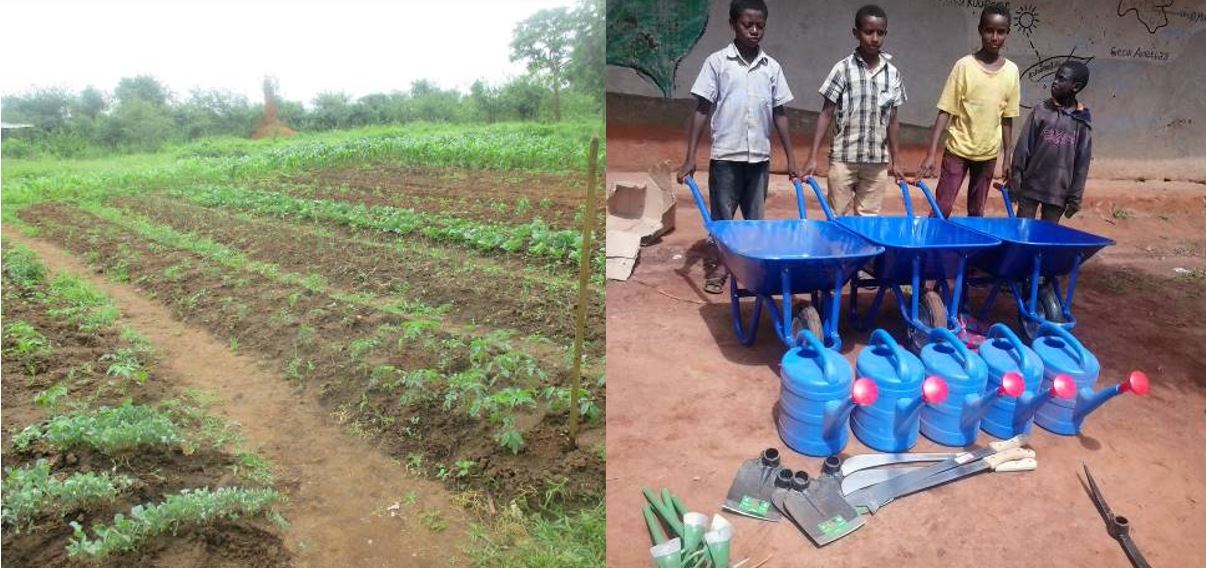19. October 2016

The overall goal of a Blue School is to improve children’s health and thus increase the retention rate at school, and to create a learning environment for children to replicate good practices at home in terms of hygiene and sanitation, agricultural techniques and environmental conservation measures.
In many areas in Ethiopia, environmental degradation and climate change, with more frequent and extreme drought periods, are real problems which will keep on negatively impacting the livelihoods of communities. Introducing sustainable agricultural techniques that conserve soil and water and promotion of multiple use of water, will equip the children with necessary baggage to improve their own livelihood, sustain their living environment, and be more resilient to climate variation in the future. The introduction of a school garden and good environmental practices related to integrated land and water management aims to move to a more integrated approach for a better school environment and learning and awareness of pupils.
Through learning in a participative way and practicing good hygiene behaviour, agricultural practices and environmental conservation measures in the school environment, children will become change agents in their communities and responsible citizen for the future.